Home>diy>Building & Construction>What Credit Score Is Needed For A Construction Loan?


Building & Construction
What Credit Score Is Needed For A Construction Loan?
Modified: December 7, 2023
Learn the credit score required for obtaining a construction loan for building and construction projects. Find out what you need to qualify!
(Many of the links in this article redirect to a specific reviewed product. Your purchase of these products through affiliate links helps to generate commission for Storables.com, at no extra cost. Learn more)
Introduction
When it comes to building your dream home or undertaking a major construction project, financing plays a crucial role. Construction loans provide the necessary funds to make these projects a reality. However, securing a construction loan requires meeting certain criteria, including having a good credit score.
In this article, we will delve into the world of construction loans and explore the importance of credit scores in obtaining one. We’ll discuss the credit score requirements for construction loans and highlight other factors that lenders consider during the approval process. Finally, we’ll provide some strategies to help you improve your credit score if it falls short of the required threshold.
Understanding the intricacies of construction loans and the factors influencing loan approval can empower you to make informed decisions and take the necessary steps to secure funding for your construction projects.
Key Takeaways:
- A good credit score is crucial for securing a construction loan, as it demonstrates financial responsibility and increases the likelihood of favorable loan terms such as lower interest rates and higher loan amounts.
- While credit score is important, lenders also consider factors like debt-to-income ratio, down payment, and construction plans. Improving credit score and addressing other financial aspects can enhance the chances of loan approval.
Understanding Construction Loans
Construction loans are financial products designed specifically for building or renovating homes and other construction projects. Unlike traditional mortgage loans that are based on the value of the finished property, construction loans are based on the estimated cost of the project. These loans provide funds to cover the expenses associated with the construction process, including materials, labor, permits, and other related costs.
Construction loans typically have a shorter duration than traditional mortgages, often lasting between six months to a year. During this period, borrowers receive funds in stages or “draws” to cover the construction costs. The borrower only pays interest on the amount drawn, rather than the full loan amount. Once the construction is complete, the borrower can either pay off the loan in full or refinance it into a long-term mortgage.
Construction loans can be categorized into two types: construction-to-permanent loans and standalone construction loans. Construction-to-permanent loans, also known as “one-time close” loans, combine the construction loan and the mortgage into one package. With this type of loan, borrowers don’t have to worry about securing a separate mortgage after the construction is completed.
Standalone construction loans, on the other hand, only cover the construction phase of the project. Once the construction is finished, borrowers need to refinance the loan into a traditional mortgage.
Understanding the different types of construction loans is important because the requirements for each may vary. However, one common factor that lenders consider for both types is the credit score of the borrower.
Importance of Credit Score in Construction Loans
Your credit score plays a significant role in the approval process for construction loans. Lenders use your credit score as an indicator of your financial responsibility and creditworthiness. It helps them assess the risk of lending you money for your construction project.
A high credit score demonstrates to lenders that you have a history of managing your finances responsibly and are less likely to default on the loan. This can result in more favorable loan terms, such as lower interest rates and higher loan amounts. On the other hand, a low credit score may make it more challenging to obtain a construction loan or may lead to less favorable loan terms.
With construction loans, lenders carry a higher level of risk compared to traditional mortgage loans. Construction projects are complex and involve numerous variables, such as cost overruns, delays, and potential problems during the construction process. Lenders use credit scores as one of the factors to mitigate this risk. A higher credit score gives lenders confidence that you will be able to handle any unforeseen circumstances and complete the project successfully.
Moreover, lenders may also assess your credit history for any past construction loans or related projects. If you have a history of successfully completing construction projects and repaying loans on time, it can strengthen your case for loan approval.
It’s important to note that while credit score is an important factor in the approval process, lenders also consider other factors when evaluating your loan application.
It’s important to note that while credit score is an important factor in the approval process, lenders also consider other factors when evaluating your loan application.
Credit Score Requirements for Construction Loans
The specific credit score requirements for construction loans can vary depending on the lender and the type of loan you’re applying for. However, generally speaking, most lenders look for a minimum credit score of 620 to 680 for construction loan approval.
Lenders consider your credit score as an indication of your ability to repay the loan on time and your overall financial stability. A higher credit score demonstrates a lower credit risk, which increases your chances of qualifying for a construction loan. Some lenders may even have more stringent requirements, requiring a credit score of 700 or above.
It’s important to note that credit score isn’t the only factor taken into consideration by lenders. They also evaluate other aspects of your financial profile, such as your debt-to-income ratio, employment history, past construction experience, and overall financial stability. These factors help lenders assess your ability to make loan payments and successfully complete the construction project.
If your credit score falls short of the required threshold, it doesn’t mean you won’t be able to get a construction loan. Some lenders may be willing to work with borrowers with lower credit scores, but this may result in higher interest rates or less favorable loan terms.
It’s always a good idea to shop around and compare loan offerings from different lenders. Each lender may have their own credit score requirements, so it’s worth exploring multiple options to find the best fit for your specific situation. Additionally, working on improving your credit score before applying for a construction loan can increase your chances of securing a loan with better terms.
Remember that credit score requirements can vary, and it’s best to consult with lenders directly to get a clear understanding of their specific criteria for construction loan approval.
A credit score of 680 or higher is typically needed for a construction loan. However, the specific requirements may vary by lender, so it’s important to shop around and compare options.
Other Factors Considered for Construction Loan Approval
While credit score is an important factor, lenders also consider other aspects of your financial profile and construction project when determining approval for a construction loan. These additional factors help lenders assess your ability to repay the loan and successfully complete the construction project.
1. Debt-to-Income Ratio: Lenders evaluate your debt-to-income ratio, which compares your monthly debt payments with your income. A lower ratio indicates a lower risk for the lender, as it suggests you have a higher capacity to make loan payments without financial strain.
2. Loan-to-Value (LTV) Ratio: The loan-to-value ratio measures the loan amount as a percentage of the appraised value of the property or the cost of the construction project. Lenders prefer lower LTV ratios, as it reduces their risk. Generally, construction loans have lower LTV ratios compared to traditional mortgages.
3. Down Payment: Lenders typically require a down payment for construction loans, which can range from 20% to 30%. The down payment provides a level of security for the lender and demonstrates your commitment to the project.
4. Construction Plans and Budget: Lenders carefully review your construction plans and budget to ensure the project is feasible and that the loan amount aligns with the estimated cost of construction. They may conduct a thorough examination of the contractor’s qualifications and experience to gauge the likelihood of project success.
5. Additional Collateral: Depending on the lender, you may be required to provide additional collateral or personal guarantees to secure the construction loan.
6. Experience and Financial Stability: Lenders often consider your past experience with construction projects, including your ability to manage costs, meet deadlines, and complete projects successfully. They may also evaluate your overall financial stability and income history.
It’s important to note that these factors can vary by lender, and each lender may have their own set of criteria for loan approval. It’s recommended to consult with lenders directly to understand their specific requirements and to have a comprehensive understanding of what factors they consider when evaluating your construction loan application.
Strategies to Improve Credit Score for Construction Loans
If your credit score is lower than the required threshold for a construction loan, don’t worry. There are several strategies you can implement to improve your credit score and increase your chances of qualifying for a loan with better terms. Here are some strategies to consider:
1. Review your Credit Report: Start by obtaining a copy of your credit report from the major credit bureaus. Review it carefully to identify any errors, incorrect information, or fraudulent activity. Dispute any inaccuracies and work on resolving any outstanding issues.
2. Make Timely Payments: Paying your bills on time is one of the most effective ways to improve your credit score. Set up automatic payments or reminders to ensure you don’t miss any payments.
3. Reduce Debt: Lowering your overall debt can have a positive impact on your credit score. Focus on paying off high-interest debt, starting with credit cards or personal loans.
4. Keep Credit Utilization Low: Try to keep your credit card balances below 30% of your available credit limit. High credit utilization can negatively impact your credit score. Consider paying down balances or requesting credit limit increases.
5. Avoid Opening New Credit Accounts: Opening too many new credit accounts within a short period can have a negative impact on your credit score. Focus on improving your existing accounts rather than seeking new credit.
6. Build a Positive Credit History: If you have a limited credit history, consider opening a secured credit card or becoming an authorized user on someone else’s account to build positive credit history over time.
7. Maintain Stable Employment: Lenders often view stable employment as a positive factor when evaluating loan applications. Staying with the same employer or within the same industry can demonstrate financial stability and improve your creditworthiness.
8. Consult with a Credit Counselor: If you feel overwhelmed or need guidance in improving your credit score, consider seeking help from a reputable credit counselor who can provide advice and assistance based on your specific situation.
Remember, improving your credit score takes time and effort. Implementing these strategies consistently and responsibly can gradually improve your creditworthiness, making you a more attractive candidate for construction loan approval.
Keep in mind that credit score is just one aspect of the loan approval process. Lenders consider multiple factors, so it’s important to work on improving your credit score while also addressing other aspects of your financial profile.
Conclusion
Obtaining a construction loan for your dream home or major construction project requires careful consideration of various factors. Your credit score plays a crucial role in the approval process, as it serves as an indicator of your financial responsibility and creditworthiness.
A good credit score not only increases your chances of loan approval but also opens doors to more favorable loan terms, such as lower interest rates and higher loan amounts. However, even if your credit score falls short of the required threshold, there are strategies you can implement to improve it and increase your chances of securing a construction loan.
In addition to credit score, lenders also consider other factors, such as debt-to-income ratio, loan-to-value ratio, down payment, and construction plans and budget. These factors help lenders assess your ability to repay the loan and successfully complete the construction project.
By reviewing your credit report, making timely payments, reducing debt, keeping credit utilization low, and maintaining stable employment, you can improve your credit score over time. Consulting with a credit counselor can also provide valuable guidance in your journey to credit improvement.
Remember, the credit score requirements and loan approval criteria can vary among lenders, so it’s important to explore different options and find the one that best suits your needs. Shopping around and understanding the specific criteria of lenders can increase your chances of securing a construction loan that aligns with your financial goals.
Improving your credit score is a gradual process, and it’s important to be patient and consistent. Alongside improving your credit, focusing on other aspects of your financial profile, such as stable employment and sound construction plans, can further strengthen your loan application.
With a solid understanding of construction loans and the importance of credit score in the approval process, you are now equipped to navigate the world of construction financing with confidence and make your construction dreams a reality.
Frequently Asked Questions about What Credit Score Is Needed For A Construction Loan?
Was this page helpful?
At Storables.com, we guarantee accurate and reliable information. Our content, validated by Expert Board Contributors, is crafted following stringent Editorial Policies. We're committed to providing you with well-researched, expert-backed insights for all your informational needs.


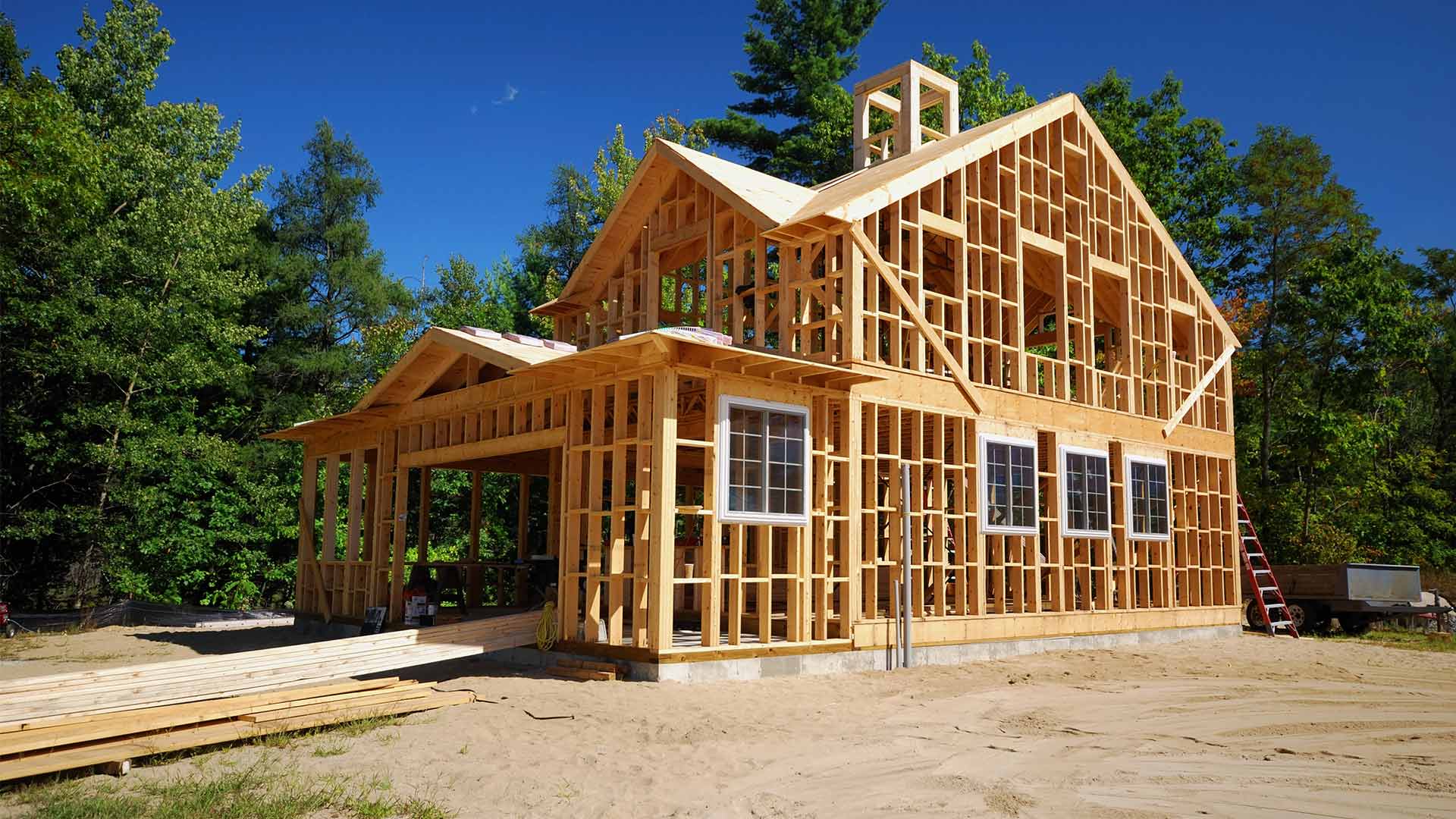
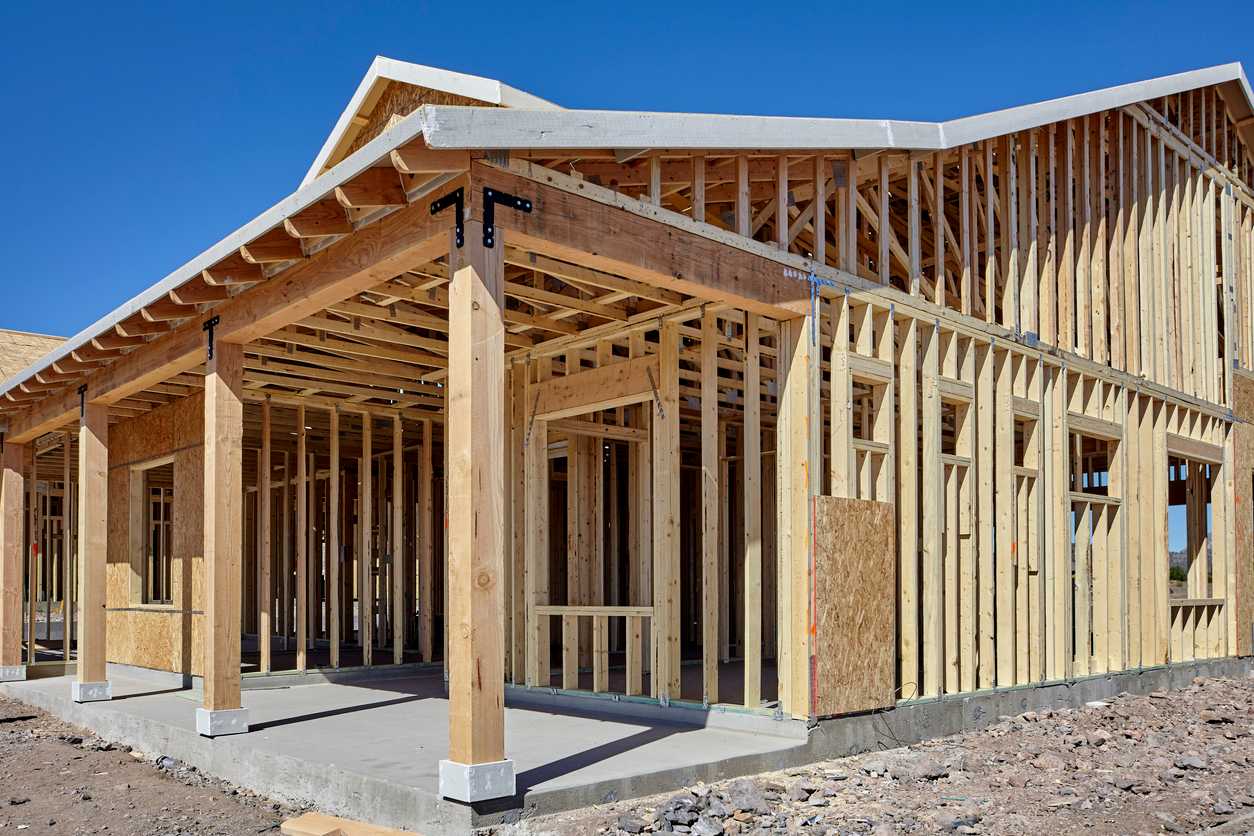
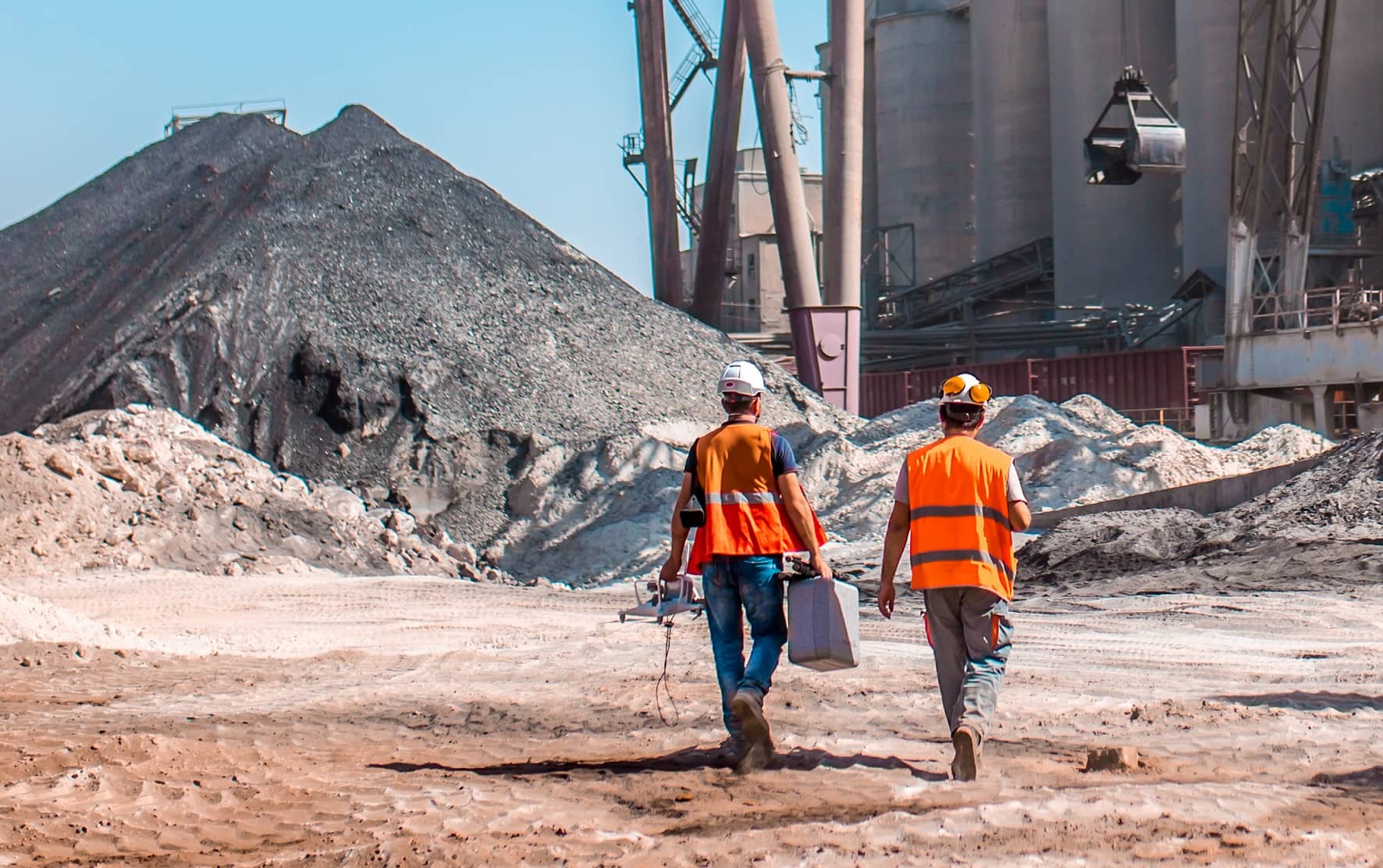
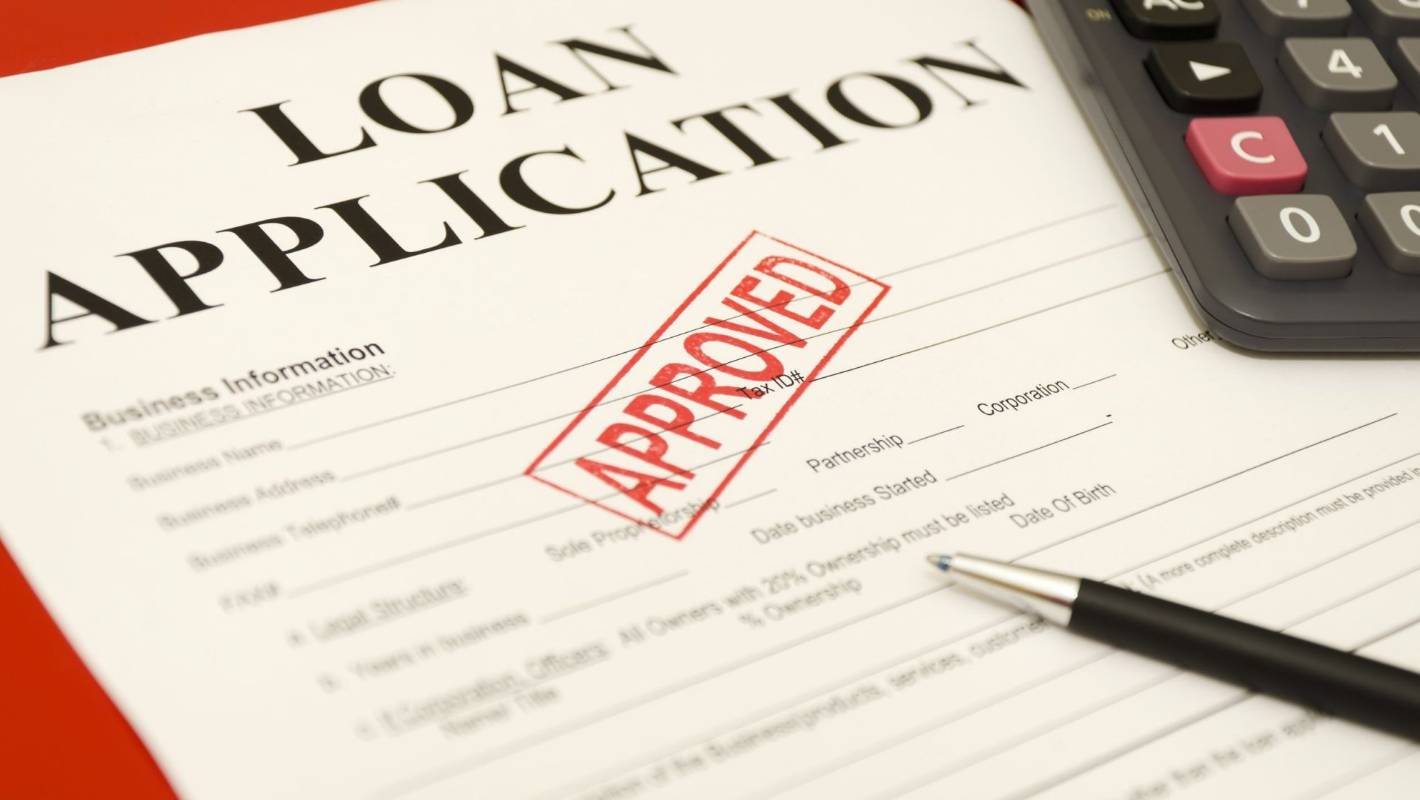
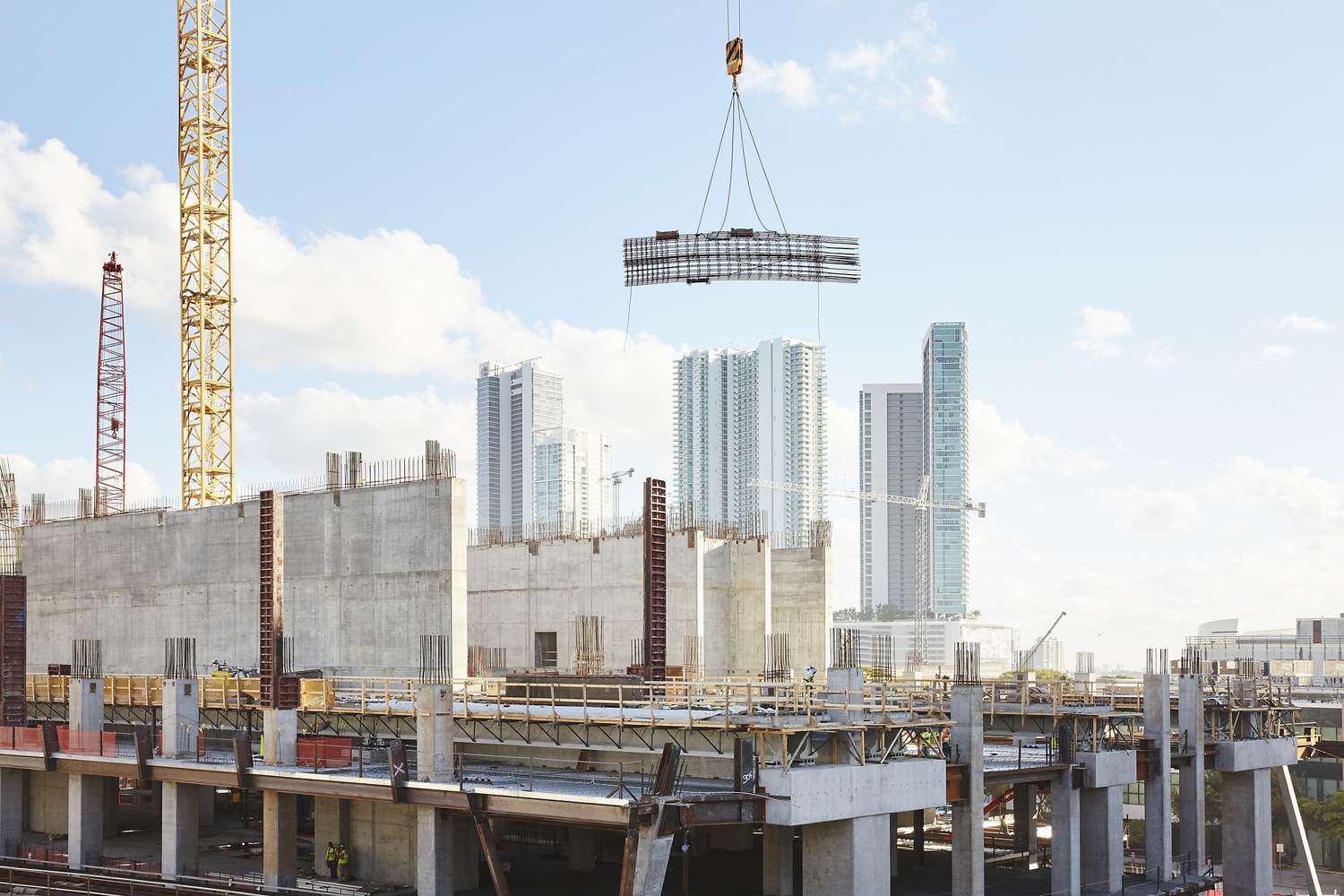
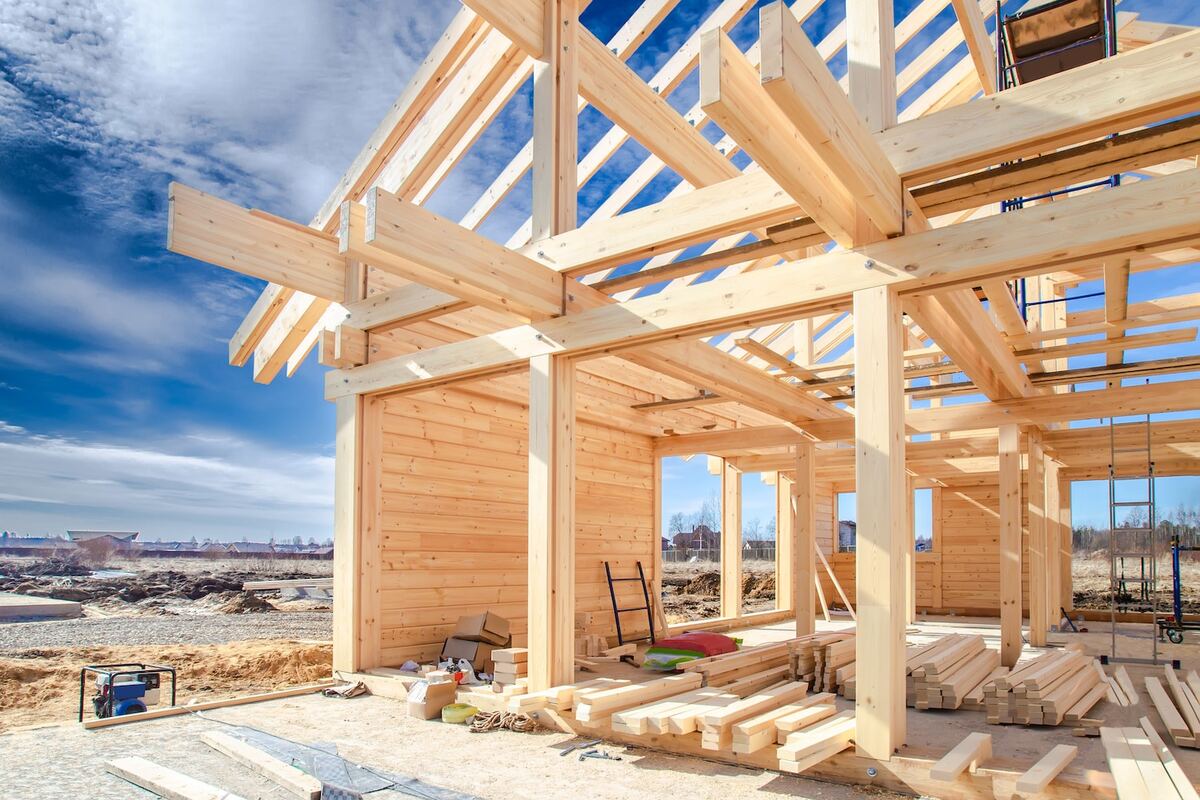







0 thoughts on “What Credit Score Is Needed For A Construction Loan?”